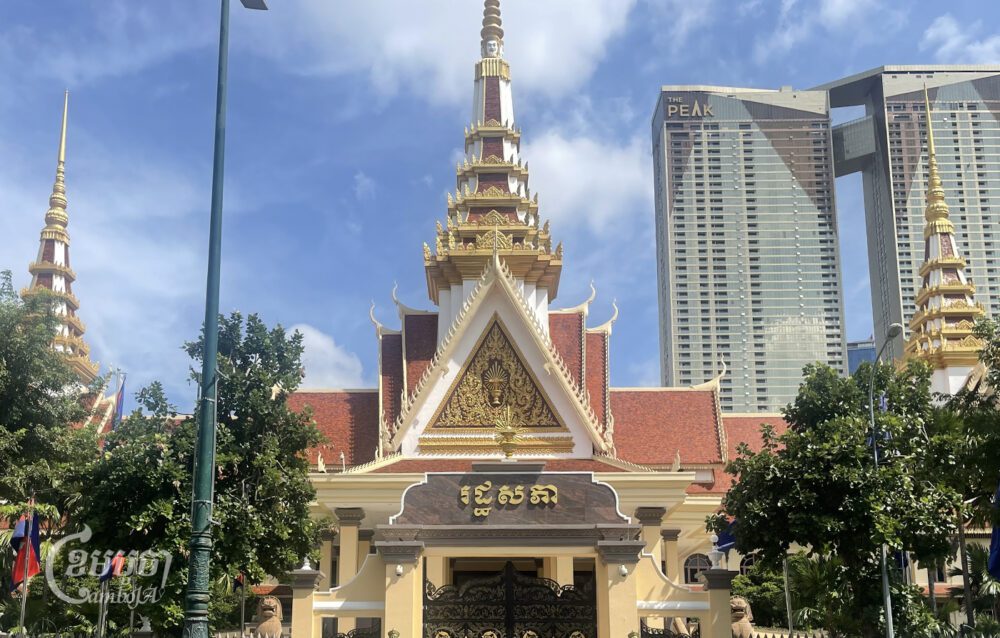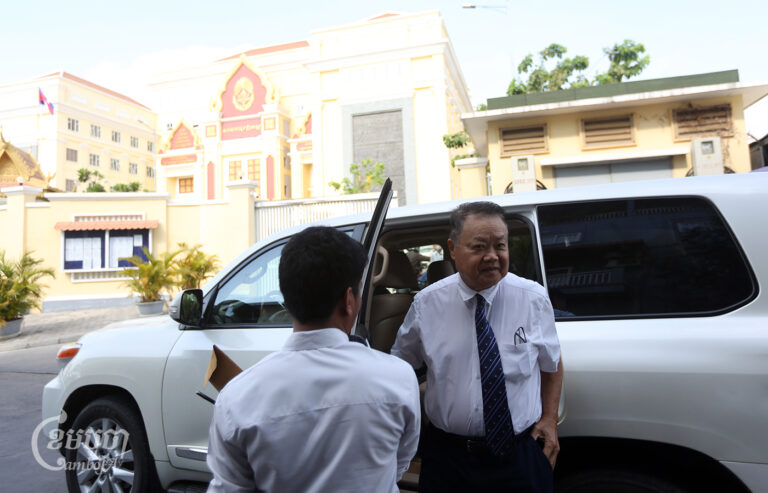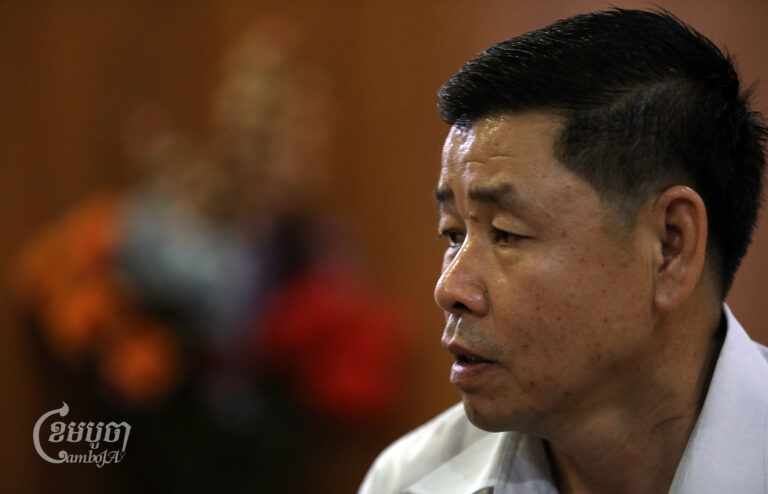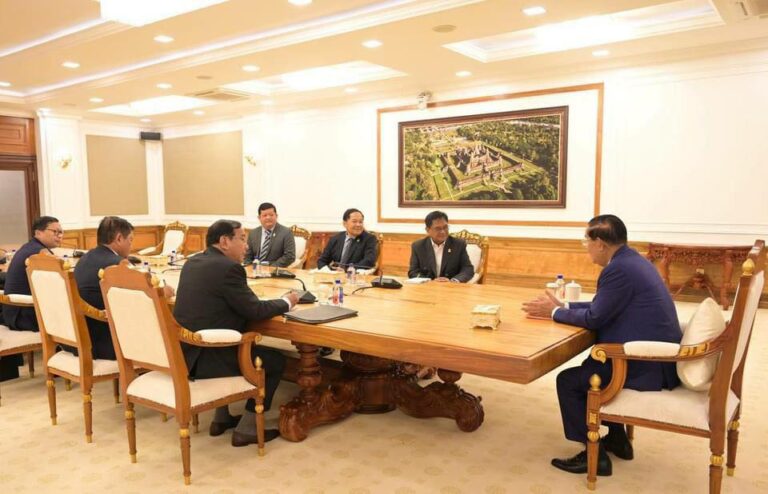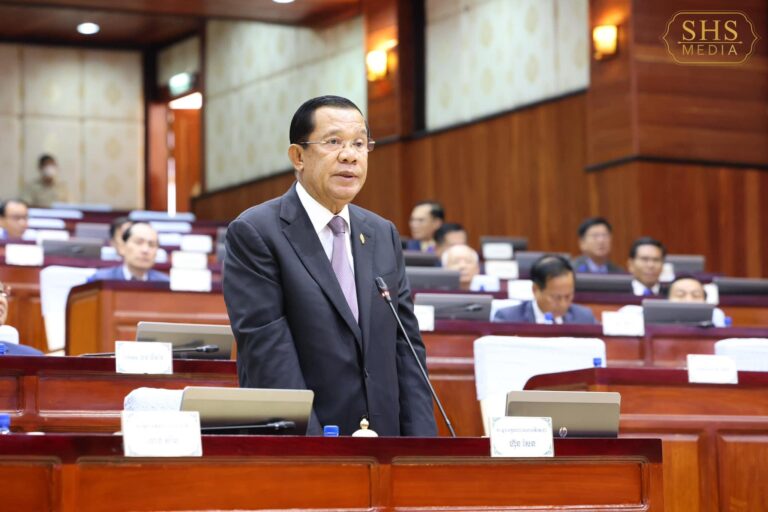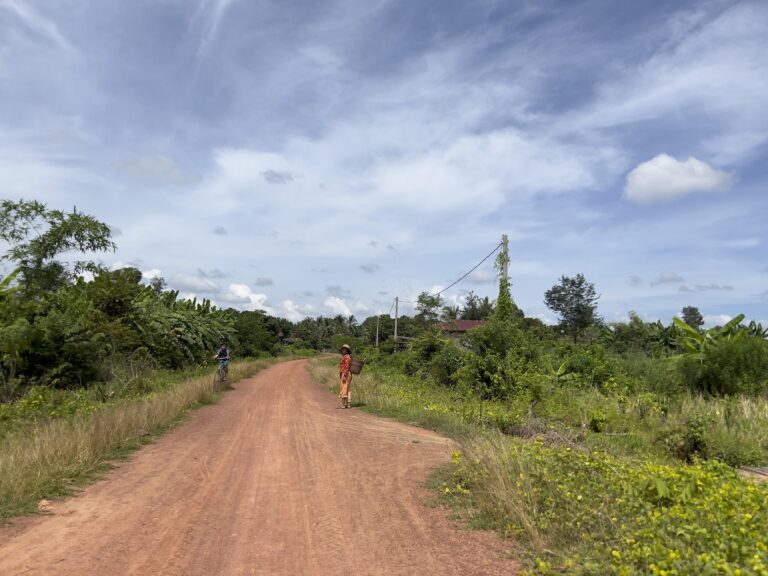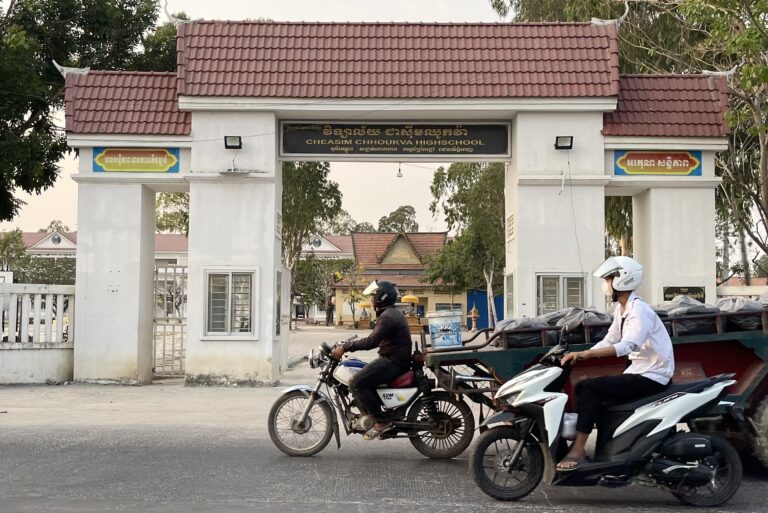Cambodia’s budgetary process lacks transparency and sufficient regulation, according to a publication this month from the anti-corruption watchdog Transparency International (TI) Cambodia.
The assessment states that discussions in the budgetary committee in the National Assembly are superficial and the budget goes “widely unquestioned by MPs.” Budget documents are not often made available to the public, and when they are, they are not written in an accessible manner.
“The impacts of weak financial oversight can be tremendous. It means that the public finance is in the hands of the government that can use the money without any constraints,” said TI Cambodia Director of Programme Im Norin.
The evaluation, which looks at the last legislative term from 2018-2023, highlights several gaps in financial oversight by Cambodia’s parliament. Cambodian law does not specify if the National Assembly can amend the budget without the consent of the Minister of Economy and Finance. The government can also increase spending without parliamentary approval for items categorized as estimated credits, which include public debts, salaries, staff allowances, as well as membership fees for international and intergovernmental organizations.
For debt arrangements made by the government, the Constitution does not state whether these need approval from MPs. The Law on Public Finance stipulates that only the Minister of Economy and Finance is permitted to incur debt, indicating that approval from the National Assembly is not required as long as the debts are budgeted, the assessment states.
Norin noted that the risks are “huge and diverse” within country’s budgetary system, because there are no checks and balances without a strong opposition party. The executive branch has been given carte blanche to adjust the budget without scrutiny from an opposition party in parliament, he said. Norin thinks there is little chance under the current system that a corrupt senior government official would be punished by the ruling party.
“Even though the National Assembly is involved in the budgetary process, its role is limited compared to other democratic systems,” Norin said. “Therefore, legal adaptations are necessary to strengthen the role of MPs when it comes to public finances.”
Parliament should be able to approve public debt arrangements and budgetary amendments without the consent of the executive branch, according to Norin. Critical and open discussions in parliament are also key to highlighting issues with government spending, he said.
The Cambodia assessment is part of a multi-country report produced by TI that incorporates the findings on parliamentary oversight from 10 countries. The assessment states that corruption persists in the country, with Cambodia ranking 150th out of 180 countries in TI’s 2022 Corruption Perceptions Index.
Om Yentieng, head of the Cambodian government’s Anti-Corruption Unit, told CamboJA the report was biased, stating that the information TI included on the potential impact of political opposition was one-sided.
“TI only focused on the advantages of the opposition party. Without opposition, will Cambodia melt down?” he asked. “That’s why they evaluate with bias. For us, based on what we observe, when the opposition party is weak, the ruling party is more careful.”
He added that the ruling party is trying to strengthen anti-corruption efforts, which is the opposite of what TI’s evaluation reports.
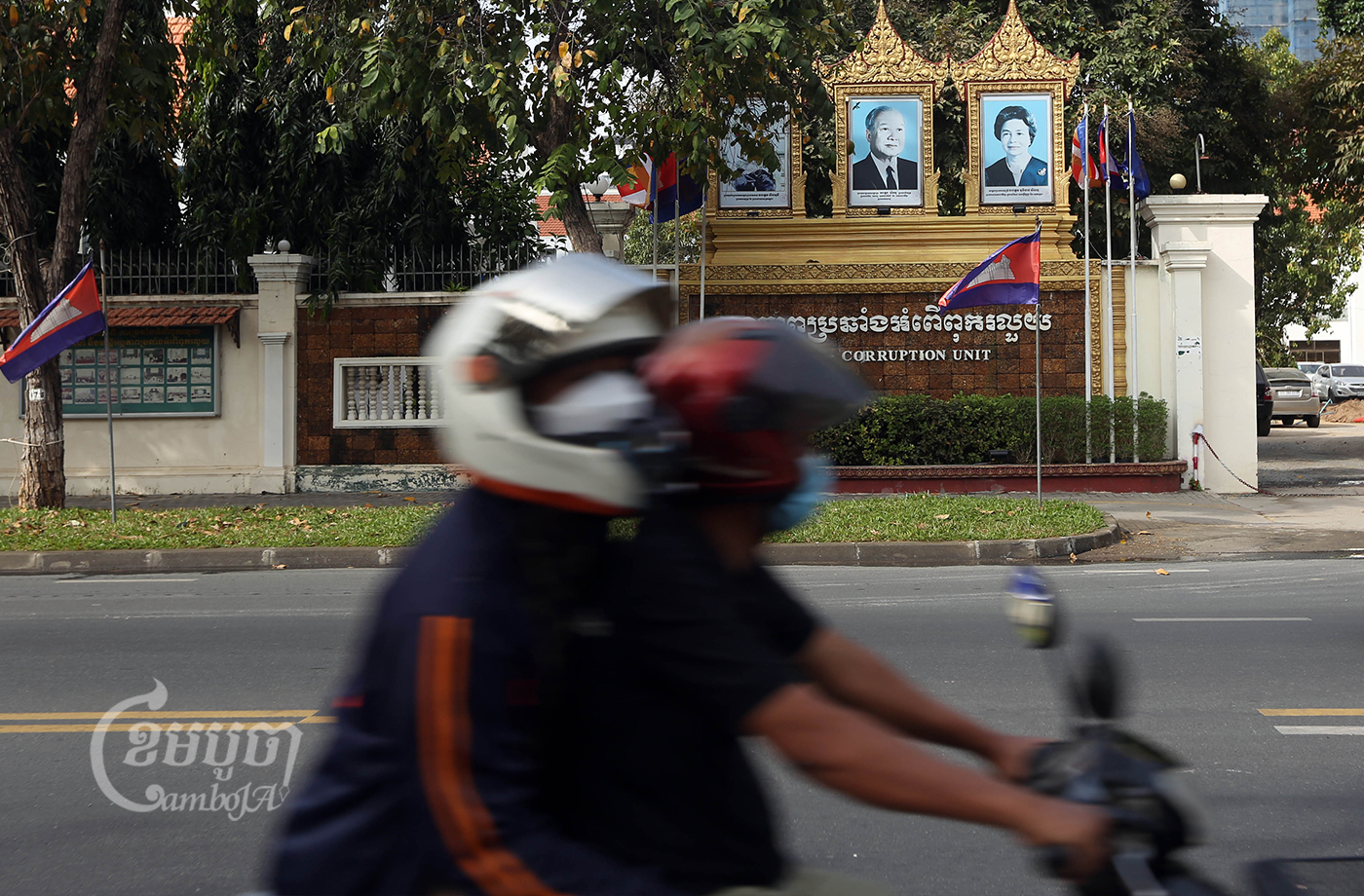
National Assembly spokesperson Leng Peng Long did not respond to a request for comment.
“The budget lacks transparency in some areas,” said Candlelight Party spokesperson Kimsour Pirith, adding that some government budget items are “embedded in wasteful spending without oversight.”
He said that the national budget is central to the development of the country, and checks and balances are very important for this process. In the past, when the country did have opposition present in the legislature, there was active debate surrounding the budget. Still, he admitted, very few adjustments were able to be made in the face of the ruling party’s power.
A 2021 survey from the nonprofit organization International Budget Partnership found Cambodia to be lagging behind most other Southeast Asian countries when it came to public access to government budget information. Cambodia received a score of 33 out of 100 for transparency and a score of 0 out of 100 for public participation regarding government budget decisions.
Additional reporting by Leila Goldstein.


